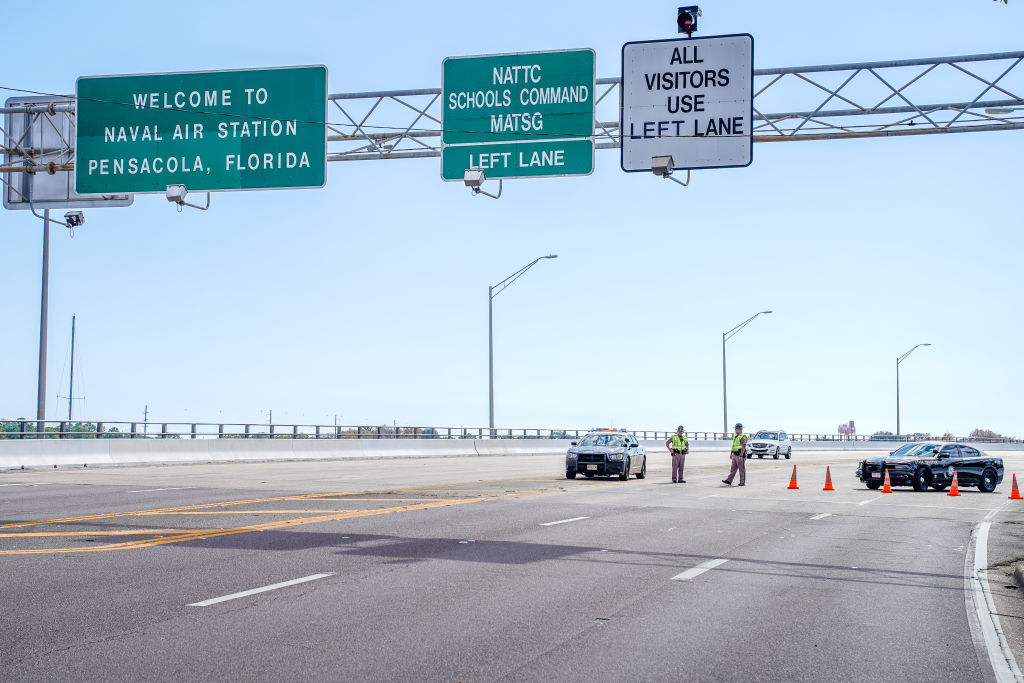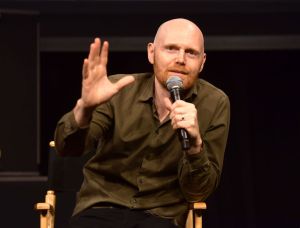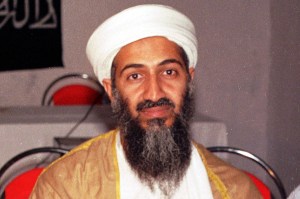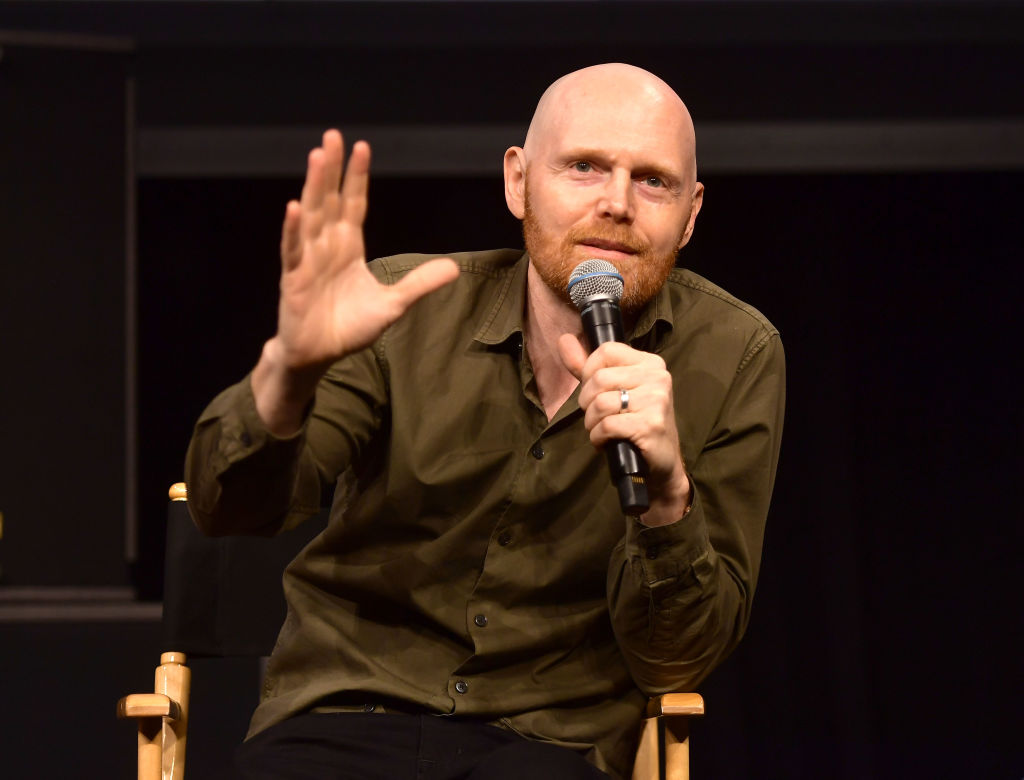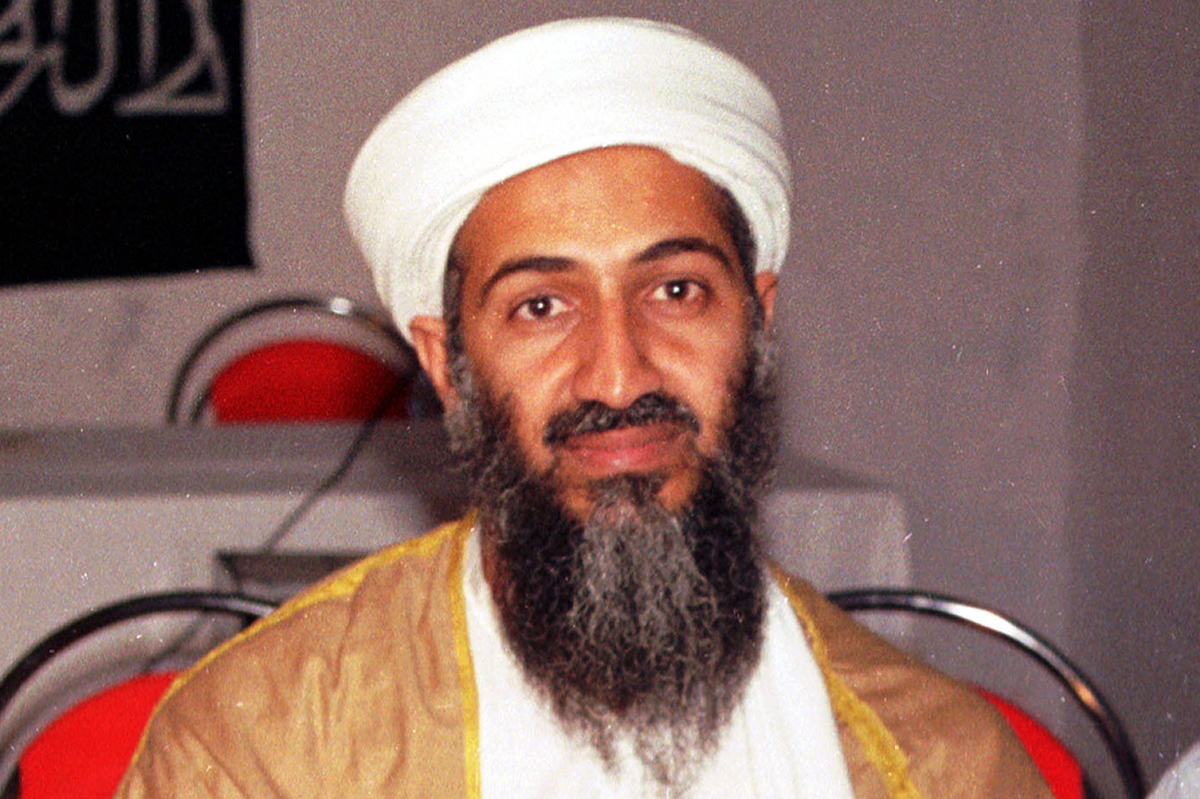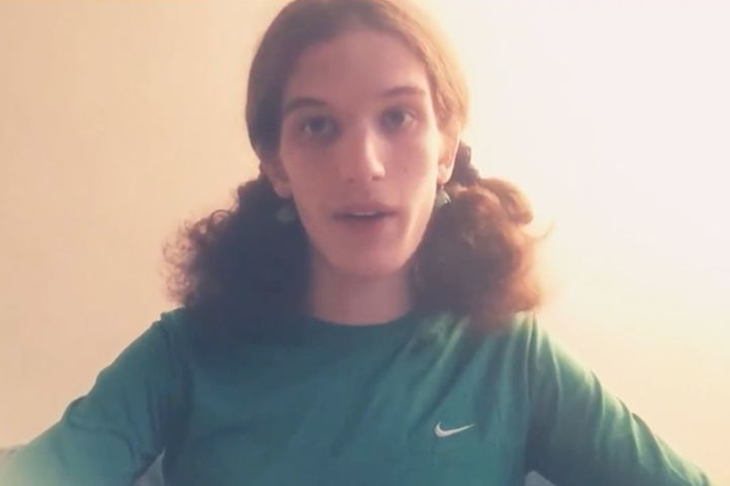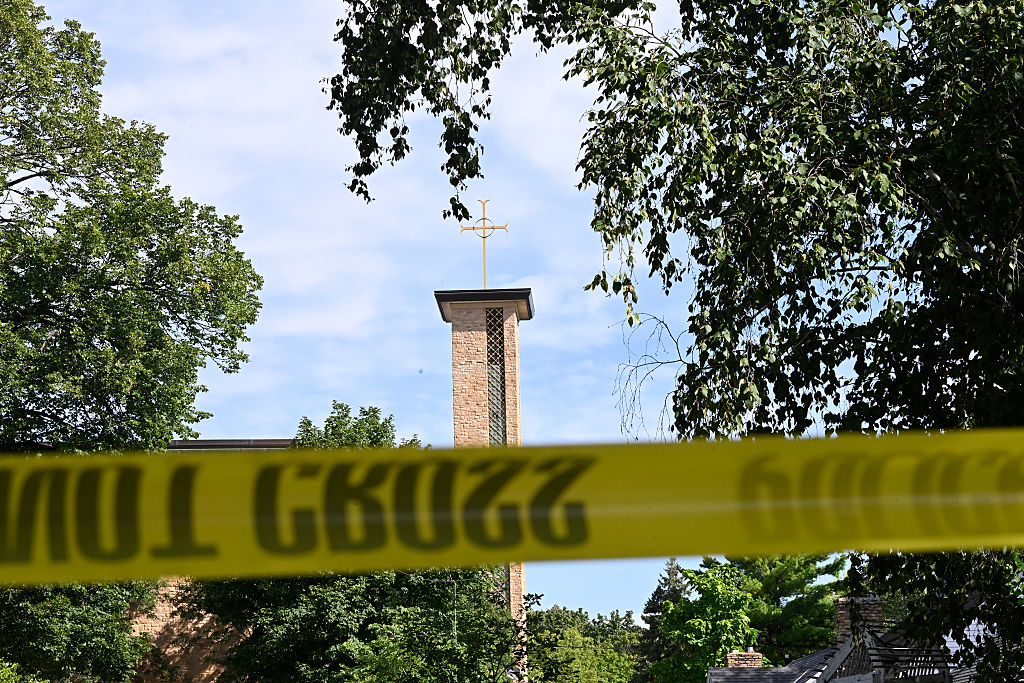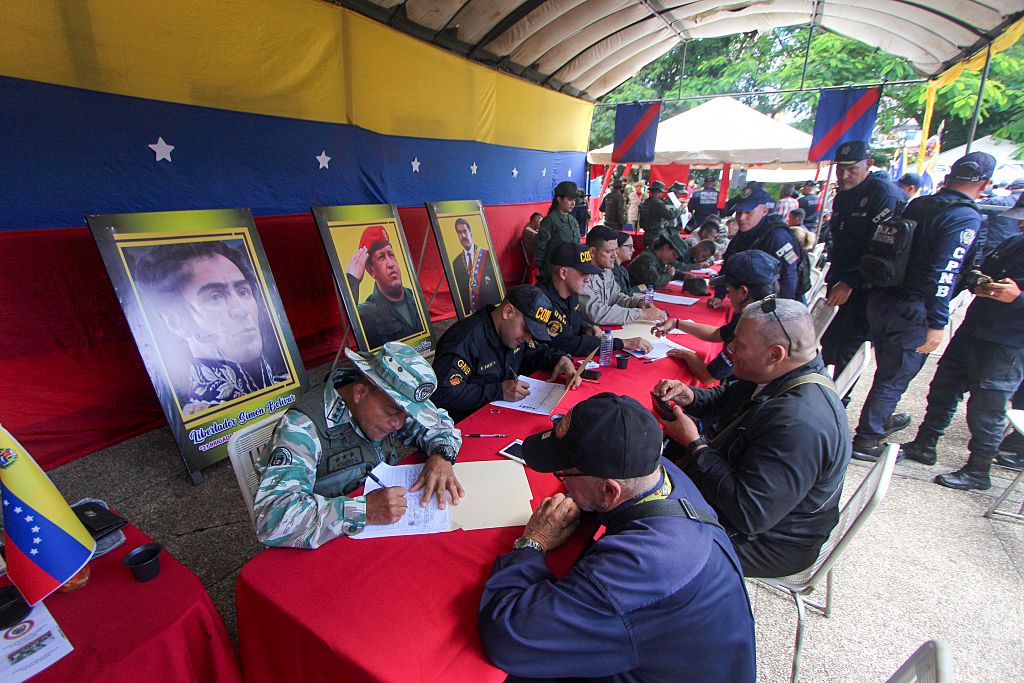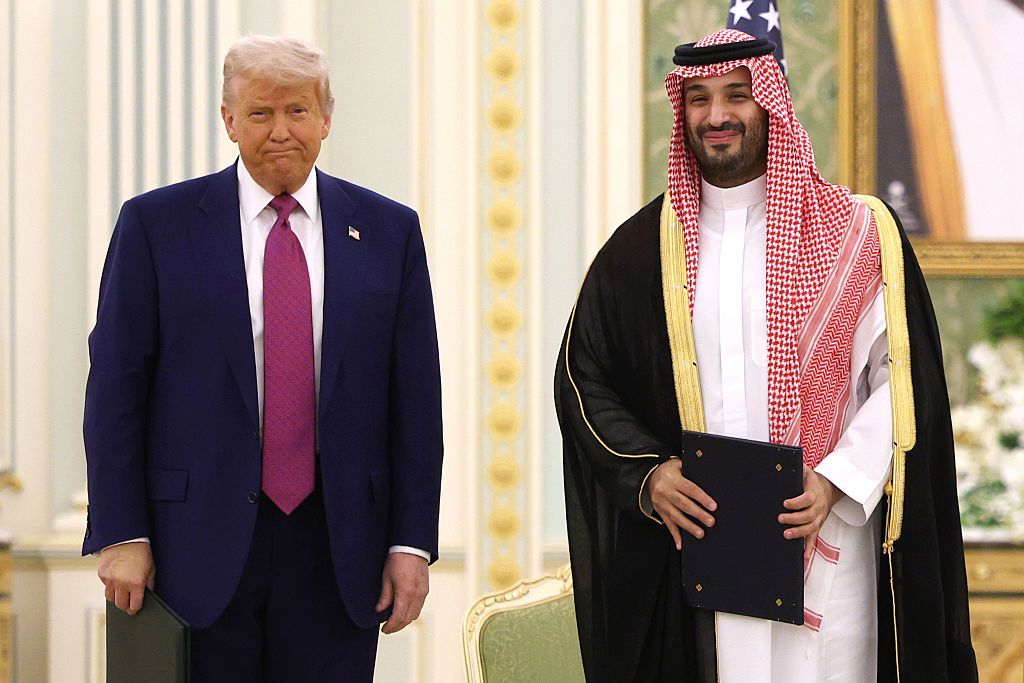Observing the rocky relationship between the United States and Saudi Arabia is like watching two men balancing on a log in the middle of a fast-flowing river. Even when both manage to get what appears to be a secure foothold, you know it is only a matter of time before they go hurtling back into the water.
The latest fall out between the two countries centers on the Saudi Air Force’s Mohammed Saeed Alshamrani, who last week murdered three sailors and wounded eight others at Pensacola navy base before being shot dead himself. Amid initial reports that he may have acted in conjunction with a number of other Saudis, wild analogies were quickly drawn with the September 11 attacks on the Twin Towers and the Pentagon, carried out by mostly Saudi hijackers. Once again, Washington’s close relationship with ‘the Wahhabi kingdom’ is under the microscope.
Not one to miss an opportunity to bash Donald Trump, Adam Schiff emphasized that US officials would press their Saudi counterparts to investigate what was labeled an act of terrorism, and accused Trump of not being aggressive enough with the kingdom. ‘I wish the president was pressing the Saudi government for answers,’ he said.
This is the worst kind of political opportunism.
For a start, the FBI has provided no evidence that Shamrani did not act alone, and in fact appears to be nearing the conclusion that he did. Reports that his fellow Saudi students were filming the incident as part of some kind of conspiracy, for instance, have proven to be false. They were doing nothing more than what everyone with a cell phone now sadly does whenever they see a tragedy unfold in front of them: recording it for YouTube.
Moreover, we still have conflicting accounts of what motivated Shamrani. A group that tracks online extremism has claimed a social media post by someone with the same name railed against America’s support for Israel. Was it the shooter? He is hardly the only Saudi with that name. Another red flag about the authenticity of this claim is that these days, because Saudi Arabia and Israel have formed an unofficial alliance against Iran, Saudi officials come down like a tonne of bricks on nationals posting virulently anti-Israel tweets.
Still, throwing caution to the wind, one US official said Shamrani may have been radicalized in the US, while others bizarrely contradicted this assessment by blaming his apparent radicalization on trips back to Saudi Arabia. However, he may not have been radicalized at all. For the one thing we do know for certain is that he was infuriated because an American instructor at the naval base nicknamed him ‘Porn Stash’ in front of his classmate, on account of his mustache. That infantile mockery resulted in him lodging an official complaint. Oddly, the FBI flatly dismissed this at the outset of the investigation as a possible motive. In the same breath, they admitted that they remained baffled as to what was going through his mind when he committed the atrocity. God forbid that the reason for the shooting may be personal and mundane, rather than an embrace of jihad.
Even if it turns out Shamrani was radicalized, we are all forgetting one important detail. The Saudi Arabia of today is not the Saudi Arabia of 2001. Back then, as I know because I was living in the country at the time, the Wahhabi ideology hung over the kingdom like a toxic cloud, and the ultraconservative Wahhabi religious establishment ruled in partnership with the House of Saud. There were indeed legitimate questions to ask when it came to the relationship between all that and the fact that so many of the 9/11 hijackers were Saudis. This, though, is no longer the case.
The present leader, Crown Prince Mohammed bin Salman, has banished the odious ideology to the trash can of history, and has been arresting religious conservatives who dare to criticize his drive to liberalize the kingdom. So even if Shamrani had indeed been radicalized while back in Saudi Arabia, it would have been by a group of fanatics whom bin Salman himself considers to be a domestic enemy. Trump is therefore right to convey that the Saudi leadership is as appalled at the mass murder as American officials. Not for the first time he is making more sense when it comes to the Middle East than the hysterical mass media.



